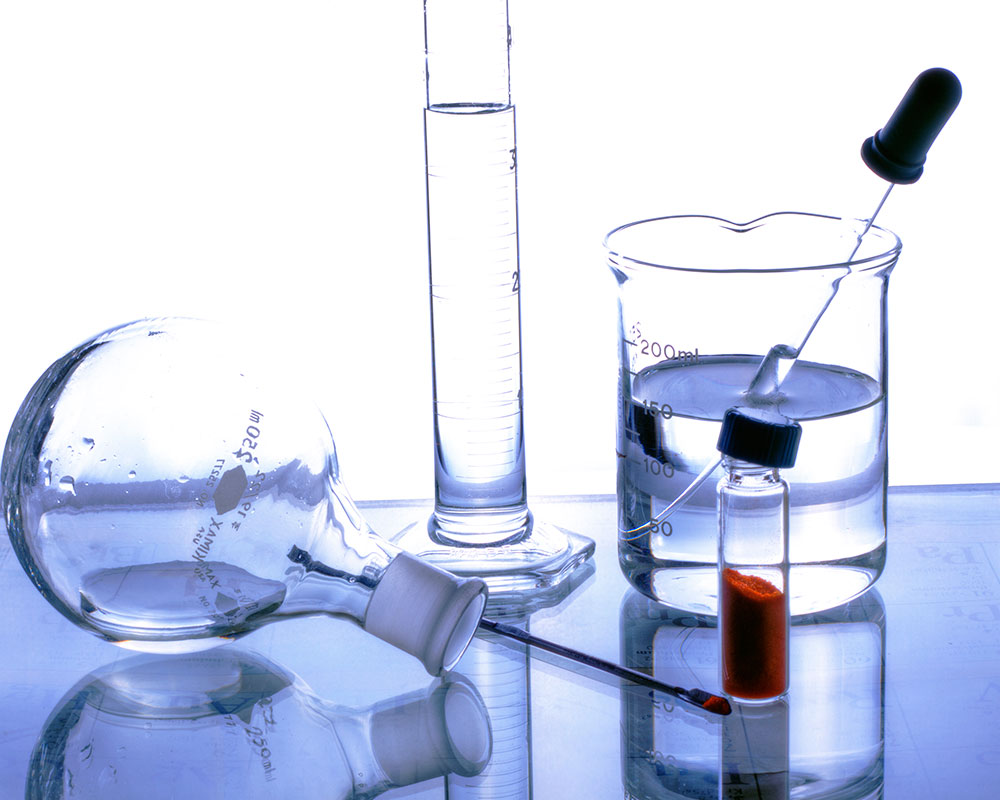Positive results from Keytruda in triple-negative breast cancer
Positive results from Keytruda in triple-negative breast cancer
5 May 2016Pembrolizumab (Keytruda) as a single agent showed clinical activity and a "potentially acceptable" safety profile in patients with heavily pretreated, advanced triple-negative breast cancer (TNBC), according to results from the KEYNOTE-012 trial.
Testing the same regimen in different cancers
KEYNOTE-012 is testing the same pembrolizumab regimen in patients with gastric cancer, urothelial cancer, and head and neck cancer. While this report focuses on the triple-negative breast cancer cohort, the researchers pointed out that the overall response rate is comparable to that reported for the head and neck cancer cohort (21.4%) as well as the gastric cancer cohort (22.2%), and only slightly lower than that of the urothelial cancer cohort (27.6%).
In the phase 1B study, the overall response rate to the programmed cell death protein 1 (PD-1) inhibitor, given intravenously at 10 mg/kg every 2 weeks until unacceptable toxicity or disease progression, was 18.5% in 27 patients evaluable for antitumor activity, reported Rita Nanda, MD, of the University of Chicago, and colleagues.
The median time to response was 17.9 weeks, and median duration of response had not yet been reached, they stated. Common toxicities were mild and included arthralgia, fatigue, myalgia and nausea. Five patients (15.6%) patients experienced toxicity of grade 3 or higher, and there was one treatment-related death. "Overall, these results support further development of pembrolizumab for the treatment of [metastatic] TNBC," the researchers wrote.
Evaluating the efficacy and safety of pembrolizumab
The ongoing phase 2 KEYNOTE-086 study is evaluating the efficacy and safety of a 200-mg dose of pembrolizumab, given once every 3 weeks, in patients with triple-negative breast cancer, the researchers added, and combination studies of pembrolizumab with other anticancer therapies are in development.
Among 111 patients with triple-negative breast cancer whose tumor samples were screened for PD-L1 expression, which has been shown to correlate with tumor-infiltrating lymphocytes and response to neoadjuvant chemotherapy in breast cancer, 58.6% had PD-L1-positive tumors. A total of 32 women were enrolled and assessed for safety and antitumor activity. The median age was 50.5 and all patients had metastatic triple-negative breast cancer at study entry.
Most participants were heavily pre-treated: almost half had received at least three lines of therapy for metastatic disease, and one-quarter had received at least five. Elevated lactate dehydrogenase (LDH) levels, suggestive of rapid disease progression, were observed in 40.6% of patients, and 78.1% had visceral metastases "suggesting that immune checkpoint inhibition is an effective therapy even in the setting of heavily pretreated, advanced disease," the researchers said.

Clinical results
The median duration of follow-up was 10.0 months at the Mar. 23, 2015 data cutoff date. The authors reported that a complete response was seen in one patient, a partial response in four, stable disease in seven, and progressive disease in 13. No responses were seen in patients with baseline LDH levels more than twice the upper limit of normal. "Combining immune checkpoint inhibition with cytotoxic therapy may be a reasonable strategy in these patients, to enable more rapid disease control while waiting for immune checkpoint blockade to take effect," Nanda and colleagues wrote.
While the high dose of the study drug potentially led to greater incidence of toxicities, there was a similar incidence of grade 3-4 treatment-related adverse events in patients with late-stage melanoma and advanced non-small cell lung cancer (NSCLC) enrolled in the KEYNOTE-001 study (15% versus 12% in melanoma; 9% versus 10% in NSCLC), the authors pointed out.
This study expands the treatment options and promises durable responses
"This study is a first and giant step toward improving survival for advanced TNBC," Sylvia Adams, MD, of NYU Langone Medical Center/Perlmutter Cancer Center in New York City, commented. "It not only expands the treatment options beyond cytotoxic chemotherapy, but also promises durable responses, at least in a subset of women."
The study had some limitations, such as the small sample size, which does lessen the generalizability of the regimen's efficacy. Despite the study being relatively small, it demonstrated a significant response rate in women with pretreated advanced triple-negative breast cancer, Adams said. "Importantly, most of the 'responders' remained on treatment for over 1 year with continued benefit, unusual for standard therapies in TNBC," pointed out Adams, who was not involved in the study.
Ultimately, the findings are not surprising, according to Adams. "We and others have previously shown that a strong lymphocytic infiltrate in TNBC at diagnosis is linked to improved survival with standard therapies, which was the first glimpse at the potential the endogenous immune response holds. Now with these newer immunotherapies, we have powerful tools to reinvigorate and harness this response."
In addition to assessing combination therapies with the goal of increasing the percentage of patients who can benefit from immunotherapy, next steps include further dissecting biomarkers to predict patient response as well as continuing to develop novel immunotherapeutics, Adams said. "Furthermore, studies in earlier cancer stages will be needed, and are planned, in patients at highest risk for recurrence of TNBC. A clinical trial remains one of the most important vehicles in accelerating progress, and qualified patients should be encouraged to participate," she noted.
Source: MedPage Today